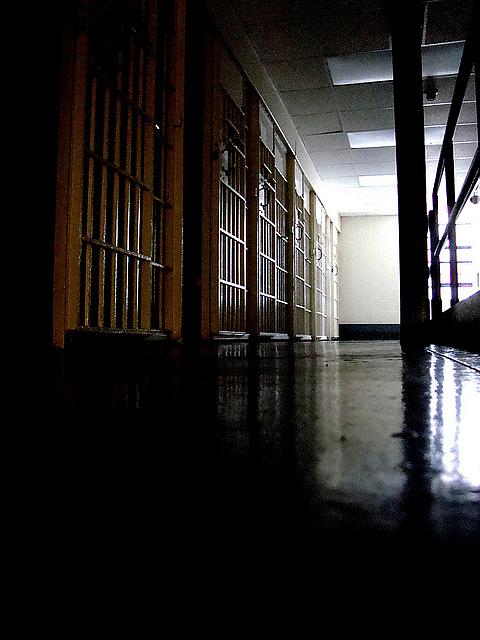Perspective: Mental illness crisis in jails demands new approach

Dorothea Dix was a trailblazer who railed against the inhumane treatment of people with mental illnesses. Shocked by the sight of people with illnesses shackled in jails, she advocated for compassion, not punishment, and helped establish the model for the mental hospitals we have today. That was about 200 years ago. How is it, then, that we’re still applying a 19th-century approach to a problem in the 21st century? Today, we know more and we can do more. People with mental illnesses have unique needs, and their overrepresentation in jail, prison and other ill-equipped settings is a national tragedy. The toll it takes on them, their families, and our nation’s commitment to fair treatment for all is immeasurable.
A staggering two million people are booked into jail each year in the United States, and the number of people with serious mental illnesses who are incarcerated or homeless is three to five times higher than in the general population. That statistic flies in the face of a wide range of empirical evidence showing that, with appropriate treatment and community supports, people with mental illnesses can recover, achieve their goals, and contribute to our society.
The solution lies not in building more psychiatric facilities, but in fulfilling the promise of deinstitutionalization by providing effective treatment and supports in the least restrictive setting. For homeless individuals with mental illnesses, a place to stay with support services can help them thrive. Through supported employment, those with mental health issues are assisted in finding and maintaining competitive employment, with accommodations for their disabilities. Proper medications also allow people to resume their roles as students, parents and employees. Community treatment models meet people where they live and assist in connecting them to needed services.
Unfortunately, many people do not have access to these proven interventions. Too many people lack health insurance; there have been too many budget cuts to treatment dollars, and there are too few providers to deliver care. But these obstacles should lead to a call for action, not a call to confine.
The challenges are great, but the willingness to address them is growing. Since its May 2015 launch, more than 320 counties to date have committed to joining Stepping Up, a national initiative to reduce the number of people with mental illnesses in jails. Those counties passed resolutions to formally commit to the principles of Stepping Up. Those counties represent more than 35 percent of the nation’s overall population.
Last month, California held a summit where 53 of the state’s 58 counties were represented by teams of law enforcement officials, judges, probation officers, mental health professionals and county elected leaders. These teams spent two days working with their local team and their neighboring colleagues toward establishing a plan, or refining an existing approach, to systematically address the population with mental illnesses in their jails.
Many communities have already taken some action to address the crisis. In a statewide survey conducted earlier this year and funded by the California Endowment, nearly half of California’s counties reported that there are locally coordinated efforts already in place related to the issue. Even more have worked across agencies to address this issue through their Community Corrections Partnerships, grant applications, and through California’s Medicaid waiver.
Despite the passionate commitments and efforts of many communities to make an impact, leaders from nearly every county in the state also reported in the same survey that there are more people with mental illnesses in jails than there were five years ago.
This sentiment rings true in counties across the nation, where local budgets are strained by jails spending two to three times more on people with mental illnesses than they do on people without those needs. The exorbitant cost to taxpayers of arresting and housing people with mental illnesses is having little-to-no impact in terms of public safety or public health.
We have the momentum, we know what works, and now it’s time to coalesce around an evidence-based approach to addressing a severe crisis that impacts us all.
Dr. Fred Osher is the director of Health Systems and Services Policy at The Council of State Governments Justice Center, a core partner of the Stepping Up Initiative.
[Photo by 826 PARANORMAL via Flickr.]

